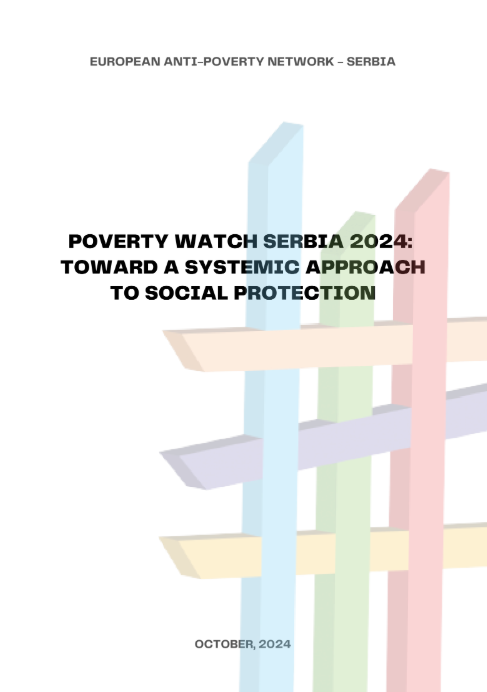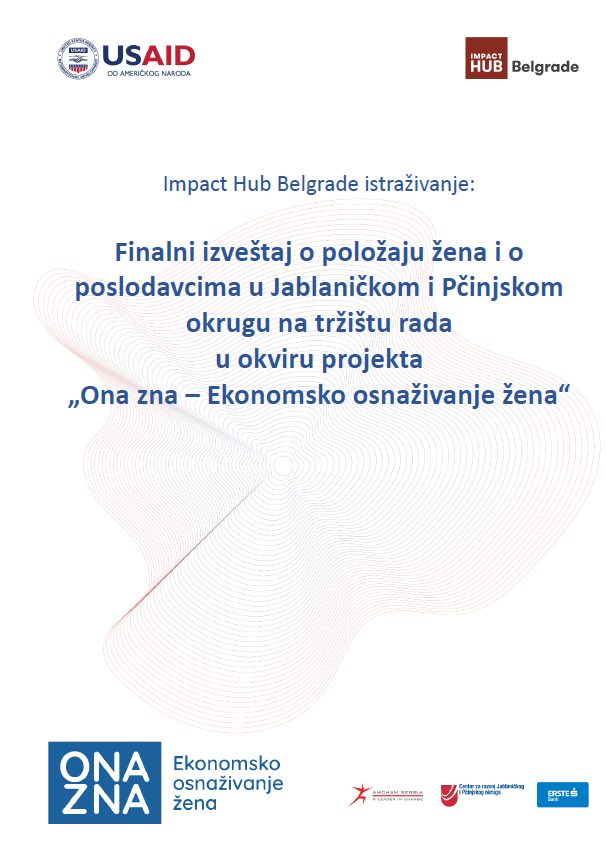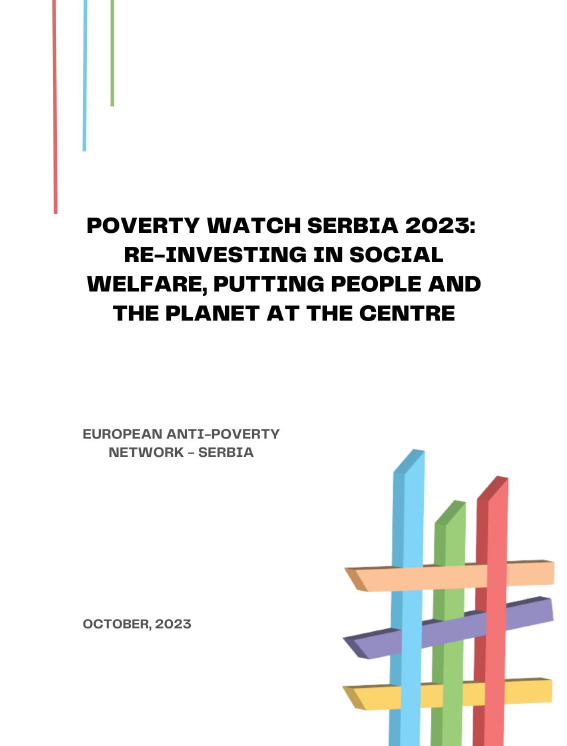Social disintegration and social exclusion, and the revival of authoritarian tendencies, are just some of the security challenges which the Republic of Serbia currently faces. And although these threats seriously endanger the dignity and quality of life of a large portion of the Serbian population they remain, however, quite often ‘hidden’ from public view. Research on human security allows us to understand some of the main underlying processes that have, consequently, been overlooked by key security actors –i.e. policy makers and civil society alike.
Since human security is a relatively new approach today, and in Serbia in particular, this report will explore the human security aspects of threats in two particular cases:
1. peer-to-peer violence among youth in schools
2. insecurities of workers caused by illegal and irresponsible privatization.
The analysis is based on a qualitative methodology, developed by organizations across the Balkans and Turkey and in cooperation with an expert team from the London School of Economics and Political Science (LSE), as part of the project “Cross-Border Citizens’ Network for Peace, Inter-Communal Reconciliation and Human Security.“ It had been pointed out, in researched issues, that the common denominator of human security threats is violence –which occurs in different forms, ranging from interpersonal to structural. One of the focus points of the research, conducted in 2014, was on peer-to-peer violence which indicated a widespread presence of violence among primary and secondary school students. In addition, it showed that patterns of relations were founded in cultures with a high tolerance of violence meaning that a large number of young people learned to deal with violence/abuse with everyday violence. The strategies aiming to resolve the violence issue often lead to victim’s transformation into abuser, causing a vicious circle difficult to get out of.
The research with workers revealed that, in the circumstances of the weakness of the state and the rule of law, an entire class of people could fall into the position of the victims of structural and direct violence –which is caused by illegal and irresponsible privatization of public companies– and, furthermore, when employees are forced to work without their rights and dignity (as in the processes of privatization).













